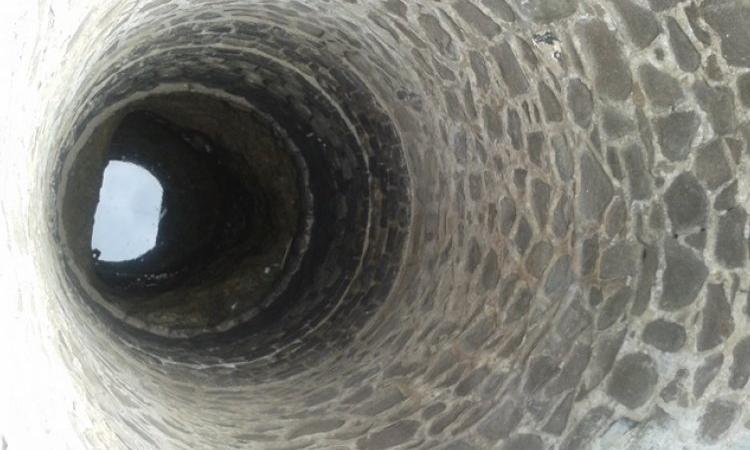
Good rainfall fails to improve Hyderabad's groundwater table
Despite the city receiving excess rainfall in 2017-18, Hyderabad’s groundwater levels continue to be precarious. The city received 1123 mm of rain, nearly 44 percent higher than the normal expected rainfall last season but the increase in groundwater table is disturbingly low. Apart from a change in rainfall pattern, experts are of the opinion that decreasing open spaces and rapid urbanisation are the main reasons behind this trend.
Kerala to fine people and businesses illegally diverting treated drinking water for other purposes
Kerala’s water resources ministry has sought the approval of the state legislature for the Kerala Irrigation and Water Conservation (Amendment) Bill, 2018 which seeks to tax people and businesses alike for illegally diverting treated drinking water for other purposes. The state’s stand is that the government spends a hefty amount on harvesting water, treating and supplying it to the public and hence, the duty to conserve water and regulate its use assumes top priority. The Bill looks to hold polluting water bodies a cognisable and non-bailable offence.
Navi Mumbai's wetland to be inventoried
Environmentalists in Navi Mumbai have planned to create a complete inventory of the area's wetland sites to help them get notified by the government. This closely follows the ‘Save Kharghar Pond’ issue where local residents had to hurriedly approach the high court to get a stay on the dumping of debris into the waterbody. Preparing an inventory of wetlands in the city would be a good way to keep track of their status and also to prevent them from being mindlessly destroyed.
Uttar Pradesh village adopts indigenous techniques to conserve water
In a bid to beat scarcity, residents of Jakhni village in Uttar Pradesh’s Banda district have tweaked their drainage systems to make sure they reuse water in addition to harvesting rainwater in local lakes and ponds. Pipes and drains are connected in such a way that used water from all households in the village are being diverted for farming. Farmers follow furrow planting to reduce water wastage and as a result, have been rewarded with bumper harvests this season.
Greater Noida's perennial Surajpur wetland now dry
One of Greater Noida’s green lungs, the Surajpur wetland now wears a parched look, thanks to the drying up of inlet channels that bring water into it. As a result, the fish population has also dwindled thereby affecting flocks of birds in peak breeding season. The wetland is well known for hosting a variety of birds including species such as Asian openbill stork, black-crowned night heron and the black-headed ibis.
This is a roundup of important news published between June 19 and 25, 2018. Also read policy matters this week.
/articles/hyderabads-groundwater-levels-fail-improve